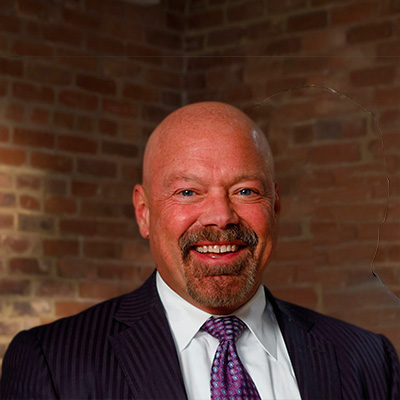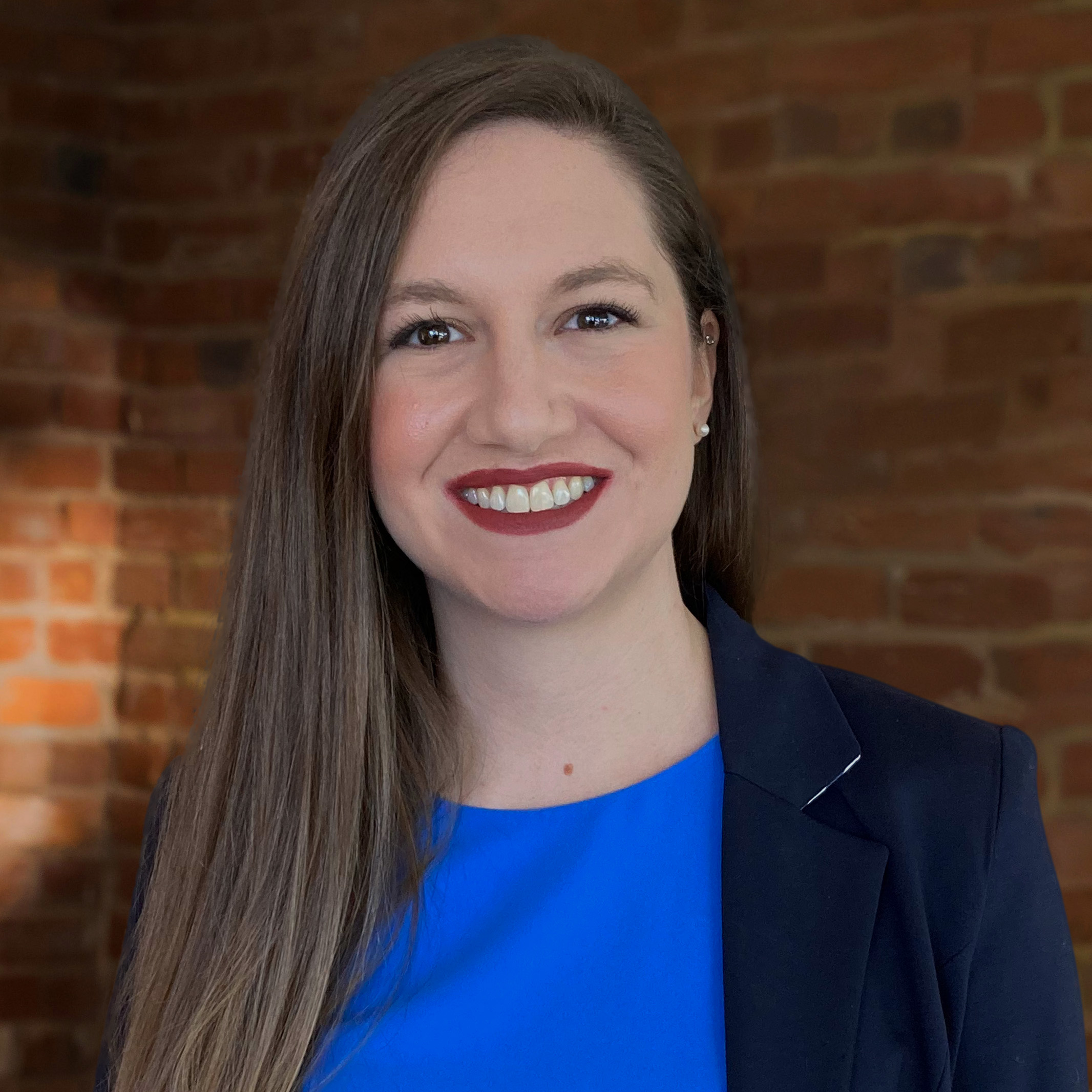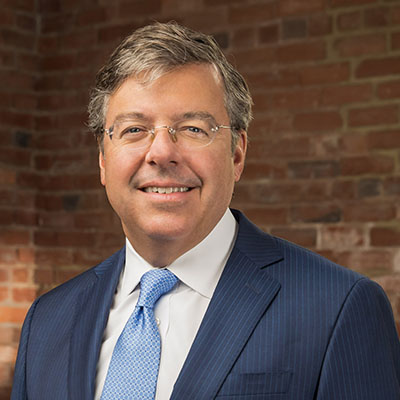Virginia is the cradle of American democracy. That proud heritage was exemplified on April 6, 2011 when the General Assembly overrode Governor McDonnell’s veto of HB 1459. HB 1459 represented lawmaking at its best: people governing themselves. For years now, lawyers who speak for the victims of medical malpractice have been at odds with the Medical Society of Virginia and the Virginia Hospital Association regarding the rights of victims and the protection of wrongdoers. Yet, over the past two years, these three groups have been working and cooperating to reach a compromise that will continue to offer protection to health care providers while protecting medical malpractice victims from suffering further harm as inflation shrinks their arbitrarily “capped” recoveries. This year the trial lawyers and the health care providers reached a compromise which they presented to the General Assembly. The General Assembly, in turn, voted overwhelmingly in favor of that compromise: HB 1459. After Governor McDonnell vetoed the bill, the General Assembly kept democracy and self-governance on track by overriding that veto. Democracy works.
Assembly overrides med mal veto
Source: http://valawyersweekly.com/vlwblog/2011/04/06/house-overrides-med-mal-veto/
April 6th, 2011
The House of Delegates made quick work of Gov. Bob McDonnell’s veto of legislation that would raise the state’s cap on medical malpractice awards from $2 million to $3 million over 20 years.
After barely 10 minutes of discussion, the House overrode the veto this afternoon on a 93-7 vote, even more one-sided than the 89-7 vote by which the House adopted
House Bill 1459.
The vote was closer on the Senate’s version of the measure, Senate Bill 771. The Senate overrode the veto by 29-11 on its bill. Both houses then had to vote on the bill from the other house, and the Senate overrode the veto on the House version by the same vote. The House vote on the Senate measure was 92-6 to override the veto.
The Medical Society of Virginia, the Virginia Hospital and Healthcare Association and the Virginia Trial Lawyers Association reached a compromise on the cap after two years of negotiation. They did so under a threat from the chairmen of the House and Senate Courts of Justice committees that the legislature might take action neither side would like.
Once they reached the compromise, the organizations lobbied forcefully for its passage, before and after the governor’s veto.
McDonnell said he vetoed the legislation because had campaigned against it in his race for governor.
Two budget amendments that also affect the legal system were killed. The House rejected on a 50-50 vote an amendment that the Virginia State Bar viewed as an effort to micromanage its budget. The amendment would have required the VSB to develop a plan to ensure that revenues are within 10 percent of expenditures and limit working capital balances to an amount that would cover three months of operations.
Read literally, VSB Executive Director Karen A. Gould said, the amendment didn’t take into account that most of the bar’s annual revenue is collected at one time so that its revenues far exceed three months of operating costs for part of the year but get spent down over the budget cycle.
In his 2011-12 budget, McDonnell had proposed taking $5 million from the bar’s operating reserve, but the legislature rejected the proposal.
The House approved the second amendment, which requires circuit judges to report to the Virginia Criminal Sentencing Commission when they defer judgment in the first instance and again at the conclusion of the case, on a 79-20 vote, but the Senate rejected it, 26-14. The amendment did not apply to laws, such as those involving first-time drug offenders or domestic assault, for which the legislature has already allowed deferred judgment.
Vetoes can be overridden only a two-thirds vote of each house. Budget amendments can be defeated by a majority vote in either house.
The amendment is a response to
Hernandez v. Commonwealth, a decision by the Supreme Court of Virginia earlier this year that says judges have the authority to defer disposition of a criminal case and ultimately dismiss it. An effort to overturn the decision legislatively passed the House but failed in the Senate with a recommendation that the Virginia Crime Commission study the issue.
About the attorney Malcolm P. “Mic” McConnell: Mic McConnell is a Richmond medical malpractice attorney. With over 20 years of experience, Mic has handled challenging cases all over the state of Virginia in almost every medical specialty for over twenty years.





